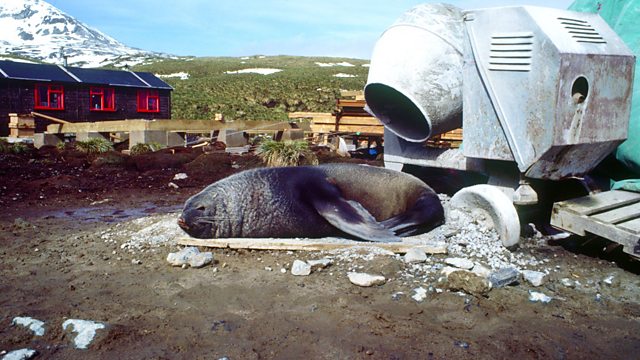The Medicinal Planet
Monty Don discusses discovering new medicine in the natural world, exploring the role the natural world plays in human health and how to manage this for future generations.
In recent years some conventional medicines such as anti-biotics have become less effective in treating diseases and infections. With an increasing human population worldwide, the need to discover new medicines for the benefit of human health will potentially become a major issue in the coming years. Many commercially available medicines today can trace their origins to compounds found in the natural world, yet many of those natural compounds are found in rare species, often in natural environments that are now vulnerable due to human activity. Are we in danger of losing these potentially valuable resources before they are even discovered? Monty Don explores this question through a field report from the Elan Valley in mid Wales where a tree lungwort, ravished by pollution and climate change, could provide a potential cure for Creutzfeldt-Jakob disease in humans. Across the world, pharmaceutical companies have begun to revisit the natural world for compounds that may prove beneficial to the future of human health. How many compounds can be sourced from the natural world is impossible to know as until they are discovered and their benefit is unknown, but with increased pressure from human activities in natural areas, what can be done now to ensure the survival of the unknown for future generations?
Producer : Andrew Dawes.
Last on
More episodes
Previous
Next
Professor Monique Simmonds OBE

Professor Marcel Jaspars

Tree Lungwort

Broadcasts
- Tue 21 Jan 2014 11:00�鶹�� Radio 4
- Mon 27 Jan 2014 21:00�鶹�� Radio 4
Learn about habitats with The Open University
Explore the twists and connections of natural life in four different UK habitats.

